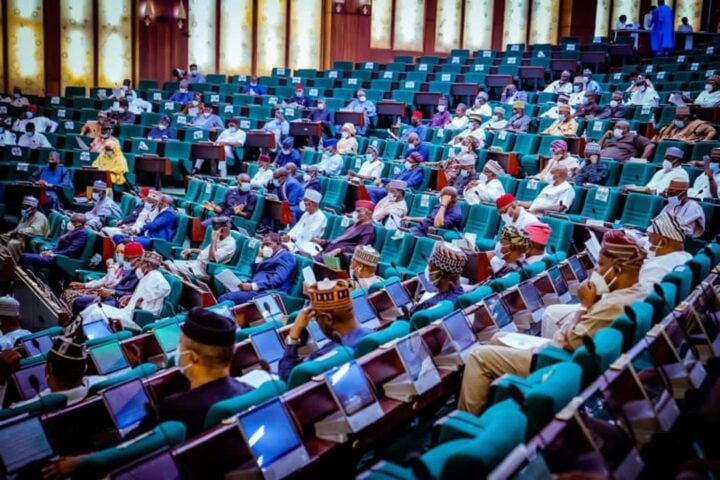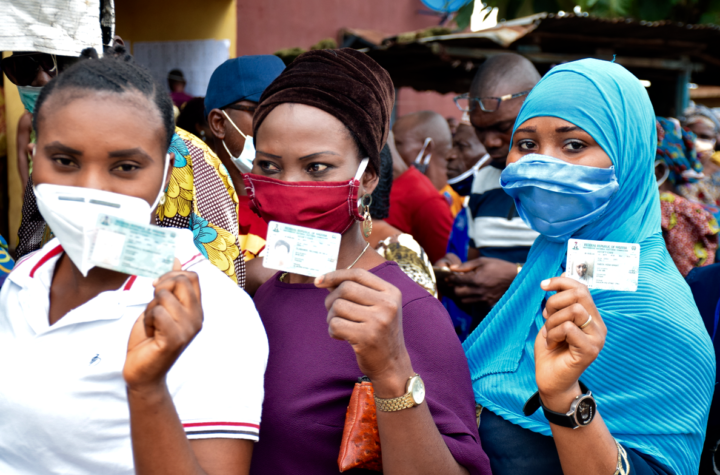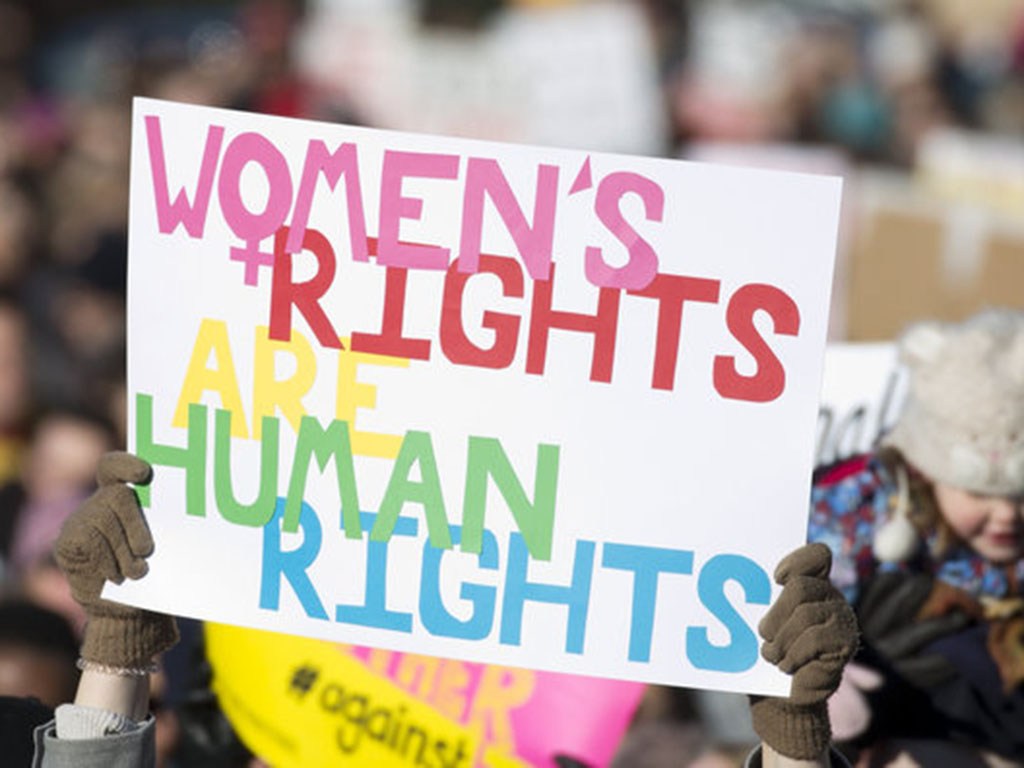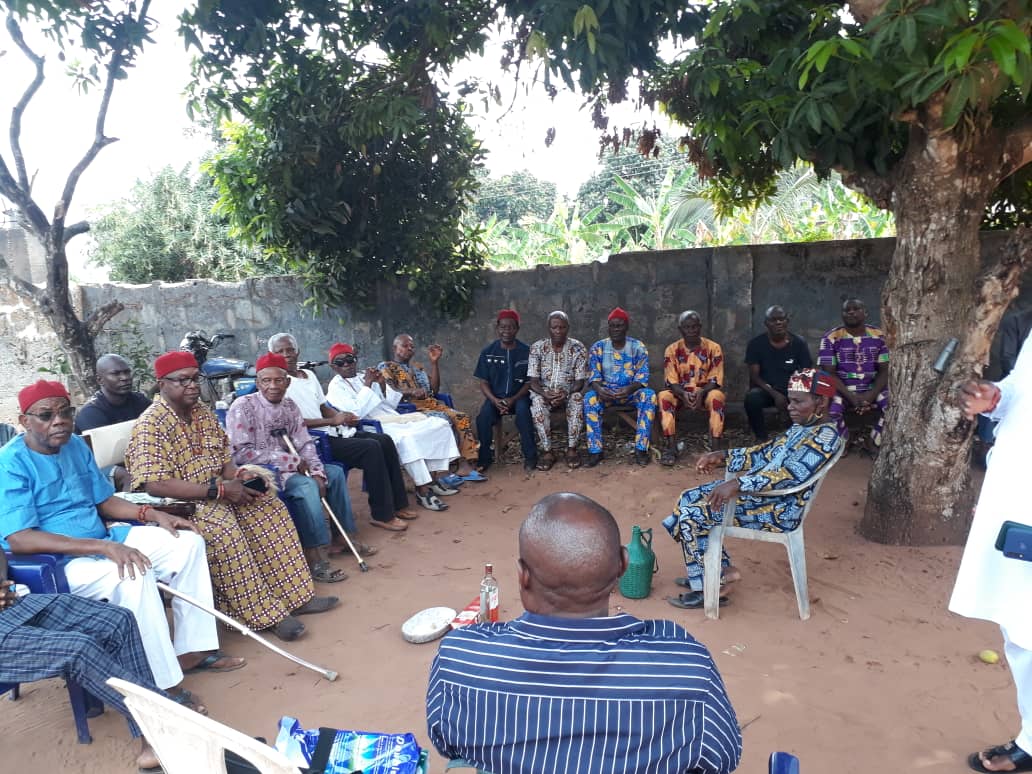On March 8, being International Women’s Day, the house of representatives (HoR) rescinded its earlier decision on three of the five rejected gender equality-related bills. Recall that on March 1, the HoR, in concurrence with the senate, failed to pass the five ‘gender bills’ that were among the 68 amendment bills presented for voting as part of the ongoing constitution review process. I wrote on this in an article titled: ‘The Brazen Legalization of Gender Equality in Nigeria’.
It is commendable that the house of representatives heeded the outcries of Nigerians who have since been expressing deep disappointments that the lawmakers rejected the gender bills, even as women protested in many states across the country and have relentlessly occupied the national assembly in Abuja, calling for recommittal and passage of the gender bills. Thus, by rescinding its earlier decision on three of the gender bills, members of the HoR are giving themselves the opportunity to do the right thing, while we hope that they will now vote in favour of the bills.
The three bills being reconsidered by the HoR are those on, first, citizenship, relating to amendment of section 26 of the constitution to grant citizenship by registration to foreign husbands of Nigerian women, to which the HoR earlier voted 135 (Yes) and 143 (No). The second is on indigenship, regarding amendment of sections 31 and 318(1) of the constitution to allow a woman to become an indigene of her husband’s state after at least five years of marriage, to which the HoR voted 193 (Yes) to 98 (No) but failed to pass for not meeting the required two-thirds majority vote. The third is on affirmative action, for amendment of section 223 of the constitution to ensure women occupy at least 35% in political party administration, to which the HoR voted 195 (Yes) and 107 (No) but, again, failed to pass for not securing the mandatory two-thirds majority vote.
Considering that the rescission by the HoR does not mean the three bills in focus have now been passed, two critical steps must be taken for this expected positive outcome to happen. First, the HoR must now vote in favour of the three bills when it is re-presented for voting on the floor of the House, which, according to the speaker of the HoR, would be within the next four weeks. Importantly, for the bills to pass, the Ayes must not only be more than the Nays in terms of the number of votes cast, but the votes in favour of each of the bills must achieve the two-thirds majority vote as required by section 9(2) of the 1999 constitution.
Advertisement
The second key action relates to the affirmative action bill. Of the three bills being reconsidered by the HoR, while the ones on citizenship and indigeneship were earlier passed at the senate, the bill on 35% affirmative action was not. Therefore, if the affirmative action bill is passed by the HoR when re-voting is conducted, what will happen next is harmonisation, which, according to the standing orders of the senate and the HoR, will be conducted by a conference committee comprising of members from both chambers. Harmonisation is crucial because the senate and the HoR are required to pass bills concurrently, that is, in the same format, for the bills to scale through. Essentially, if this bill passes at the HoR, what the conference committee will do is to deliberate on the differences and agree on a common position. Suffice to mention that if the bills on citizenship and indigeneship secure the required two-thirds majority vote at the HoR and passes when re-voting occurs, they will scale through to the next stage, which is transmittance of the bills that passed and were harmonized to the state houses of assembly for their concurrence.
There is, therefore, need for continuous lobbying, pressure, and engagements with the legislators – for the HoR members, that they pass the three bills; and that members of the conference committee harmonise the clauses in the gender bills to the advantage of women. This task of persistently engaging the lawmakers on this, as with other legislative issues, is not one that should be left in the hands of gender equality advocates or human rights activists alone, it is a collective responsibility. Each of us must play our parts of calling on our lawmakers – through telephone calls, text messages, emails, online postings, physical conversations, and any other civil means possible – to extract their commitments to vote in favour of the gender bills, while reminding them of the importance of shaping a Nigerian constitution that truly promote gender equality.
Aluta continua, vitória é certa
Advertisement
#BreakTheBias
Shonibare is the executive director of Invictus Africa. She holds a Master of Laws (LLM) in International Law and Development from the University of Nottingham; and is currently studying for a Master’s degree in International Human Rights Law at the University of Oxford. Bukky is a 2021 Ford Global Fellow
Views expressed by contributors are strictly personal and not of TheCable.
Add a comment







